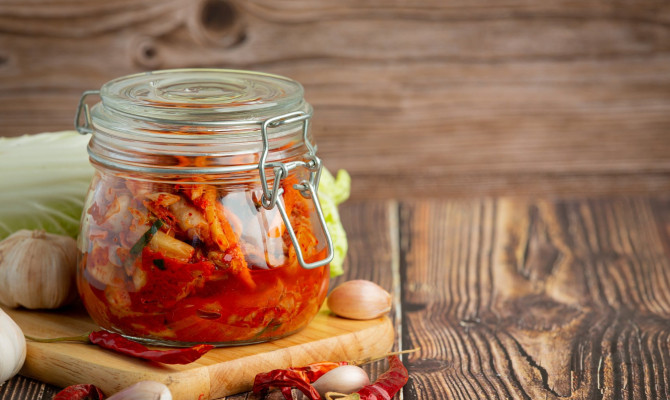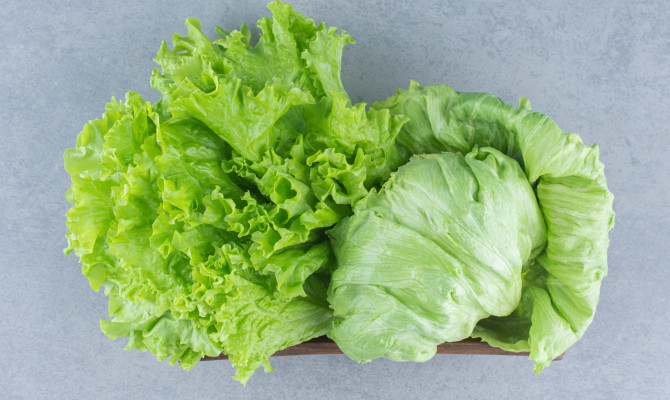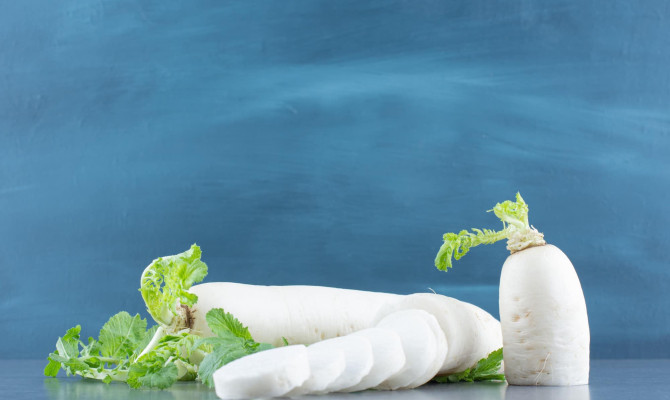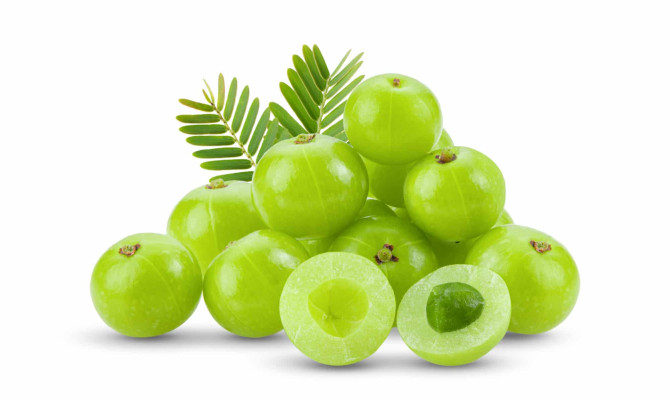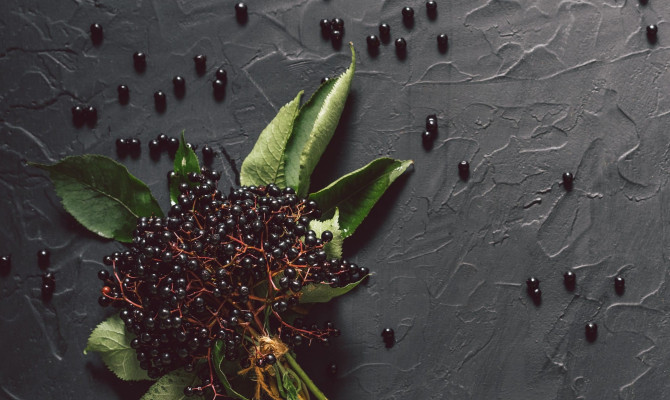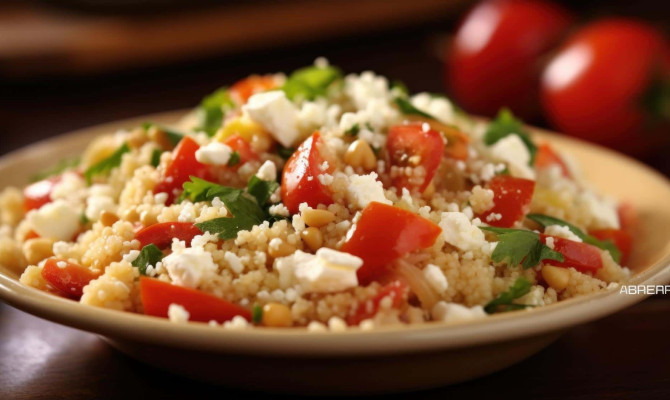Brussels sprouts : Nutrition and Health Benefits

- Brussels Sprouts
- 17 Aug 2023
Overview
What are Brussels sprouts?
Brussels sprouts are a cruciferous vegetable family member, including kale, broccoli, cabbage, collard greens, and cauliflower. This family of vegetables offers a wide range of nutrients, including the sulfur-containing phytochemical glucosinolates that give them their unique flavor and bitter aroma. These tiny green gems, sometimes misunderstood and undervalued, are becoming increasingly well-known for their unique taste and outstanding health advantages.
This article will explain Brussels sprouts’ distinctive qualities, demonstrating how they vary from cabbage and highlighting their health benefits.
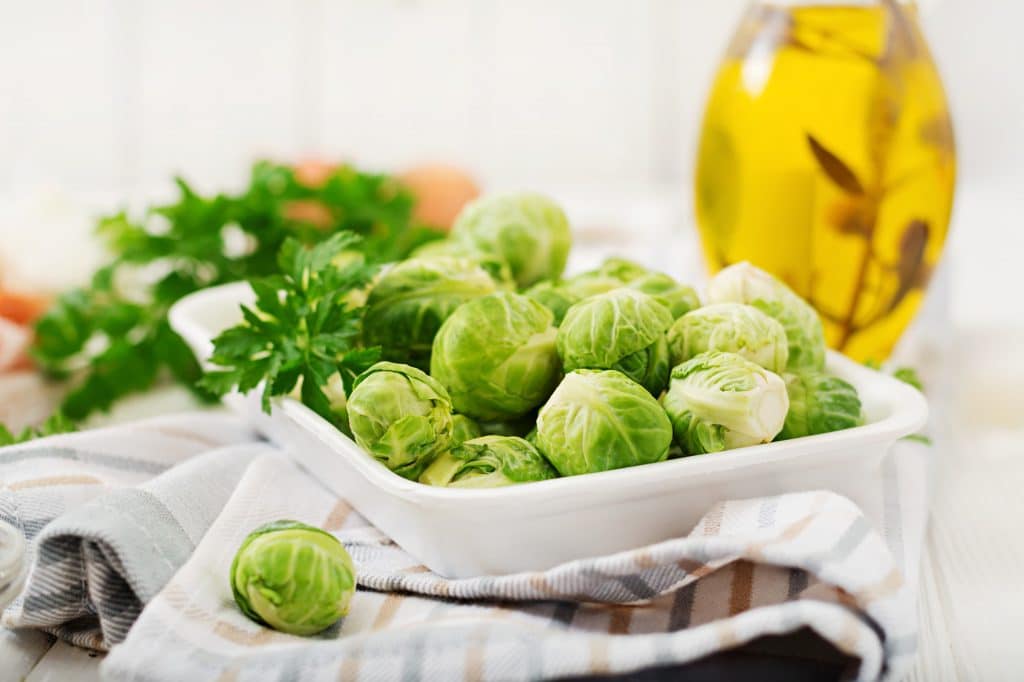
Facts about Brussels sprouts:
- Botanical name – Brassica oleracea 1Overview| Researched based study from Missouribotanicalgarden.org
- Family name – Brassicaceae
- Brussels sprouts chromosome number is 2n = 18 2Overview| Researched based study from Sciencedirect.com
Nutrition
Nutrition in Brussels sprouts
Due to their great nutritious content, Brussels sprouts are deserving of attention.
88 grams or one cup of raw Brussels sprouts contain
- Water – 75.7 g
- Calories – 37.8 kcal
- Carbohydrates – 7.88 g
- Fiber – 3.34 g
- Protein – 2.97 g
- Fat – 0.26 g 3Nurition| Researched based study from Usda.gov
Minerals
- Potassium – 342 mg
- Calcium – 37 mg
- Phosphorus – 60.7 mg
- Magnesium – 20.2 mg
- Sodium – 22 mg
- Iron – 1.23 mg
- Zinc – 0.37 mg
- Manganese – 0.29 mg
- Copper – 0.062 mg
- Selenium – 1.41 µg
Vitamins
- Vitamin C – 74.8 mg
- Thiamin – 0.12 mg
- Riboflavin – 0.079 mg
- Niacin – 0.656 mg
- Pantothenic acid – 0.27 mg
- Vitamin B6 – 0.193 mg
- Folate – 53.7 µg
- Vitamin A – 664 IU
- Beta Carotene – 396 µg
- Alpha Carotene – 5.28 µg
- Vitamin E – 0.77 mg
- Vitamin K – 156 µg
- Choline – 16.8 mg
- Betaine – 0.704 mg
- Lutein and zeaxanthin – 1400 µg 3Nutrition| Researched based study from Usda.gov
Brussels sprouts Vs Cabbage
Difference between Brussels sprouts and cabbage
- Appearance – Because they are members of the same family, Brussels sprouts and cabbage may appear identical at first glance. However, looking more closely reveals distinctive characteristics that distinguish them.
- Plant – Cabbage grows into a compact head of big leaves, while Brussels sprouts develop down the plant stem as tiny, leafy buds.
- Taste – While cabbage has a sweeter, softer flavor, Brussels sprouts have a slightly more bitter flavor.
- Nutrition – Compared to cabbage, Brussels sprouts are more nutritious since they have twice as much vitamin C, more dietary fiber, more protein, more iron, more thiamin, and less carbohydrate. 4Difference| Researched based study from Usda.gov
Health benefits
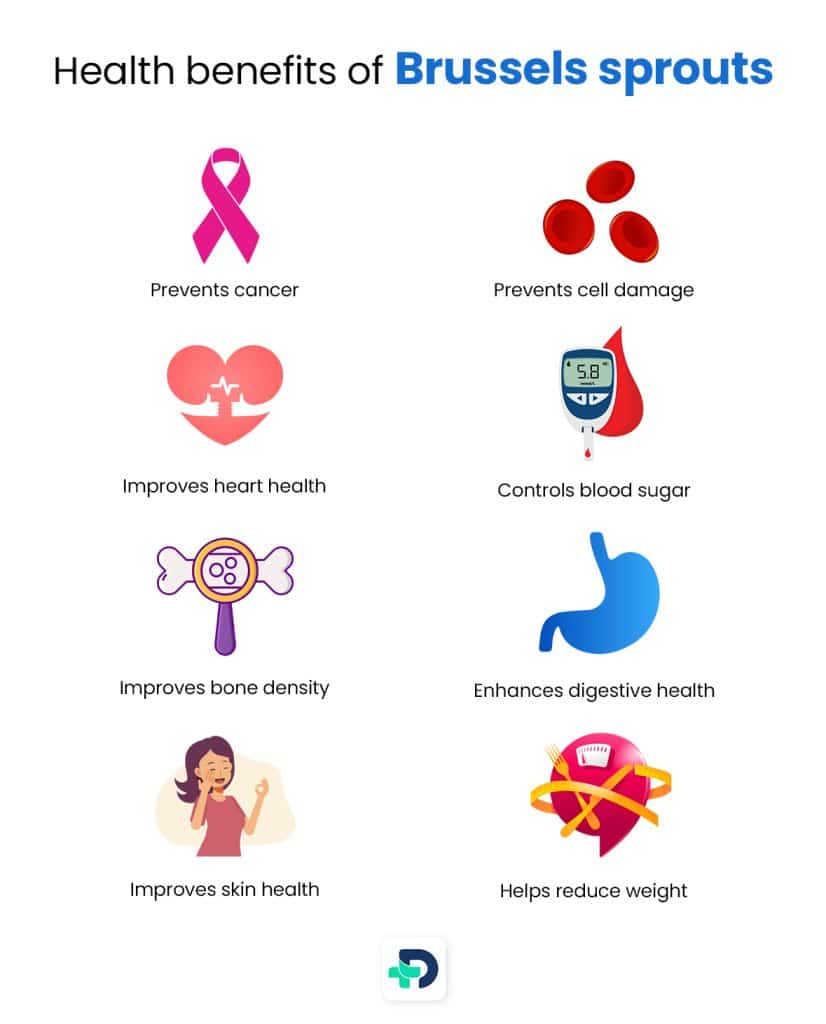
Health Benefits of Brussels sprouts
The consumption of Brussels sprouts has been associated with many health benefits. Let’s explore some of the remarkable advantages offered by these green crucifers:
- Prevents cancer
- Prevents cell damage
- Improves heart health
- Controls blood sugar
- Improves bone density
- Enhances digestive health
- Improves skin health
- Helps reduce weight
Prevents cancer
- As with many other cruciferous vegetables, Brussels sprouts are rich in glucosinolates and antioxidants, which have been associated with a lower risk of developing malignancies like colorectal, lung, and breast cancer.5Health Benefits| Researched based study from Nlm.nih.gov
Prevents cell damage
- The bioactive substances found in Brussels sprouts, such as chlorophyll, polyphenols, and flavonoids, contribute to their antioxidant properties and prevent oxidative stress-related cell damage in the body.6Health Benefits| Researched based study from Nlm.nih.gov
Improves heart health
- The heart disease risk is decreased by Brussels sprouts’ high fiber content, which helps maintain healthy cholesterol levels.
- Additionally, the abundance of antioxidants they contain promotes cardiovascular health in general. 6Health Benefits| Researched based study from Nlm.nih.gov
Controls blood sugar
- Brussels sprouts are an excellent option for people with diabetes or those trying to prevent the disease because of their high fiber content and low glycemic index, which help stabilize blood sugar levels. 3Health Benefits| Researched based study from Usda.gov ,6Health Benefits| Researched based study from Nlm.nih.gov
- Additionally, brussels sprouts include the antioxidant alpha-lipoic acid (ALA), which can improve insulin sensitivity, reduce blood sugar levels, and shield persons with diabetes from oxidative stress.7Health Benefits| Researched based study from Nlm.nih.gov
Improves bone density
- Enhancing calcium absorption and lowering the risk of fractures and osteoporosis makes the vitamin K level in Brussels sprouts essential for maintaining bone health.3Health Benefits| Researched based study from Usda.gov ,8Health Benefits| Researched based study from Nih.gov
Enhances digestive health
- By encouraging regular bowel movements, reducing constipation, and supporting good gut bacteria, the fiber in Brussels sprouts aids digestive health.3Health Benefits| Researched based study from Usda.gov ,9Health Benefits| Researched based study from Mayoclinic.org
Improves skin health
- Brussels sprouts’ high concentration of vitamin C and antioxidants such as beta carotene contribute to good skin by stimulating collagen synthesis and guarding against oxidative damage.3Health Benefits| Researched based study from Usda.gov ,10Health Benefits| Researched based study from Nlm.nih.gov
Helps reduce weight
- Due to their low-calorie count and high fiber content, Brussels sprouts complement any weight loss or weight management regimen.
- The fiber aids in boosting satiety and lowering daily calorie intake.
Side effects
Side effects of Brussels sprouts
Side effects are similar to eating other raw cruciferous vegetables like cabbage or broccoli and may cause
- Bloating
- Gas
- Abdomen pain
Precautions
Precautions
- People on blood-thinning medications, such as Warfarin, might want to restrict their intake of vitamin K-rich foods like Brussels sprouts because they can interfere with how these medications work.11Precautions| Researched based study from Medlineplus.gov
- Consuming too many raw Brussels sprouts can hinder the thyroid gland from using the vitamin iodine. Thus, those with hypothyroidism should avoid doing so.12Precautions| Researched based study from Csn.cancer.org
- People sensitive to cabbage, broccoli, or any other cruciferous vegetable may also be allergic to Brussels sprouts. Therefore, it is preferable to start consuming a new vegetable in moderation.
- Burning or roasting Brussels sprouts for an extended time is not advisable since they may lose many soluble nutrients.
Uses
Culinary uses of Brussels sprouts
Choosing and prepping them for cooking
- Choose firm, vibrant green Brussels sprouts.
- Avoid mushy or yellowing Brussels sprouts.
- Wash and rinse the Brussels sprouts thoroughly before preparing them.
- Remove any wilting leaves and cut off the hard bottom.
A few simple Brussels sprouts recipes may include
- One can add Brussels sprouts to any dish and cook them in various simple methods, including steaming, microwaving, sautéing, and roasting with flavorings.
- Brussels sprouts salad requires washing, slicing, and combining the sprouts with chopped walnuts, dried cranberries, salt, and pepper in a sizable bowl.
- Sautéed Brussels sprouts with garlic – Brussels sprouts are sliced in half and sautéed in a skillet with two tablespoons of olive oil, minced garlic, salt, and pepper to taste.
- Brussels sprouts can be added to chicken, mushrooms, or high-fiber pasta raw or sautéed.
Can you eat Brussels sprouts raw?
- Brussels sprouts can be consumed raw.
- Brussels sprouts don’t include some of the typical antinutrients that some individuals avoid, unlike other vegetables, cereals, and legumes. However, cooking can lower the amount of glucosinolates and other soluble vitamins in these foods.6Uses| Researched based study from Nlm.nih.gov
Bottom line
The Bottom Line
A true nutritional powerhouse that deserves a place of honor in our meals, Brussels sprouts are frequently underrated and ignored. Brussels sprouts stand out as a tasty, nutritious vegetable that can be made in a variety of ways. So, let’s embrace Brussels sprouts’ distinct flavor and plethora of health advantages and advantages of Brussels sprouts and incorporate them into our culinary arsenal for a tasty and fulfilling meal. Remember that Brussels sprouts are a wonderful jewel in the world of veggies and should be considered.
Any feedback on this article?
 This Articles content was accurate
This Articles content was accurate Very Informative Article
Very Informative Article I have a question or a comment
I have a question or a comment
 This article contains inaccurate content
This article contains inaccurate content This article was not helpful
This article was not helpful I have a question or a comment
I have a question or a comment
We appreciate your helpful feedback!
Checkout our social pages
References
-
Missouri Botanical Garden
Brassica oleracea (Gemmifera Group) | Overview
-
Science Direct
Brussels sprouts: Brassica oleracea var. gemmifera DC | Overview
-
U.S. DEPARTMENT OF AGRICULTURE
Brussels sprouts, raw | Nutrition | Health Benefits
-
U.S. DEPARTMENT OF AGRICULTURE
Cabbage, raw | Differences
-
National Library of Medicine
Trends in Cruciferous Vegetable Consumption and Associations with Breast Cancer Risk: A Case-Control Study | Health benefits
-
National Library of Medicine
Influence of Cooking Methods on Bioactive Compound Content and Antioxidant Activity of Brussels Sprouts | Health Benefits | Uses
-
National Library of Medicine
Insights on the Use of α-Lipoic Acid for Therapeutic Purposes | Health Benefits
-
National Institutes of Health
Vitamin K-Fact Sheet for Consumers | Health Benefits
-
Mayo Clinic
Dietary fiber: Essential for a healthy diet | Health Benefits
-
National Library of Medicine
The Roles of Vitamin C in Skin Health | Health Benefits
-
Medline Plus
Healthy food trends - Brussels sprouts | Precautions
-
Cancer Survivors Network
Note on natural toxins in fruits/vegetables | Precautions












